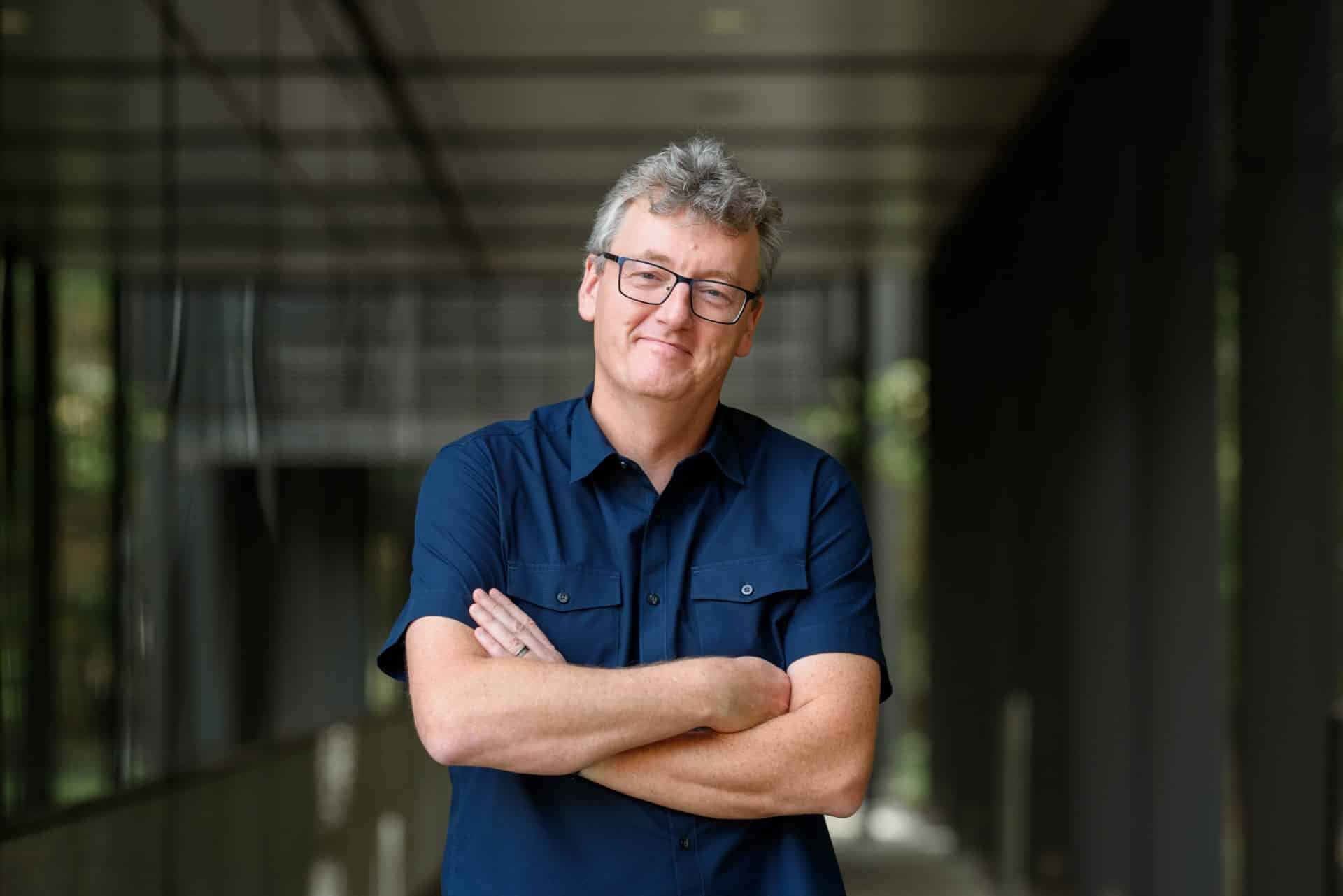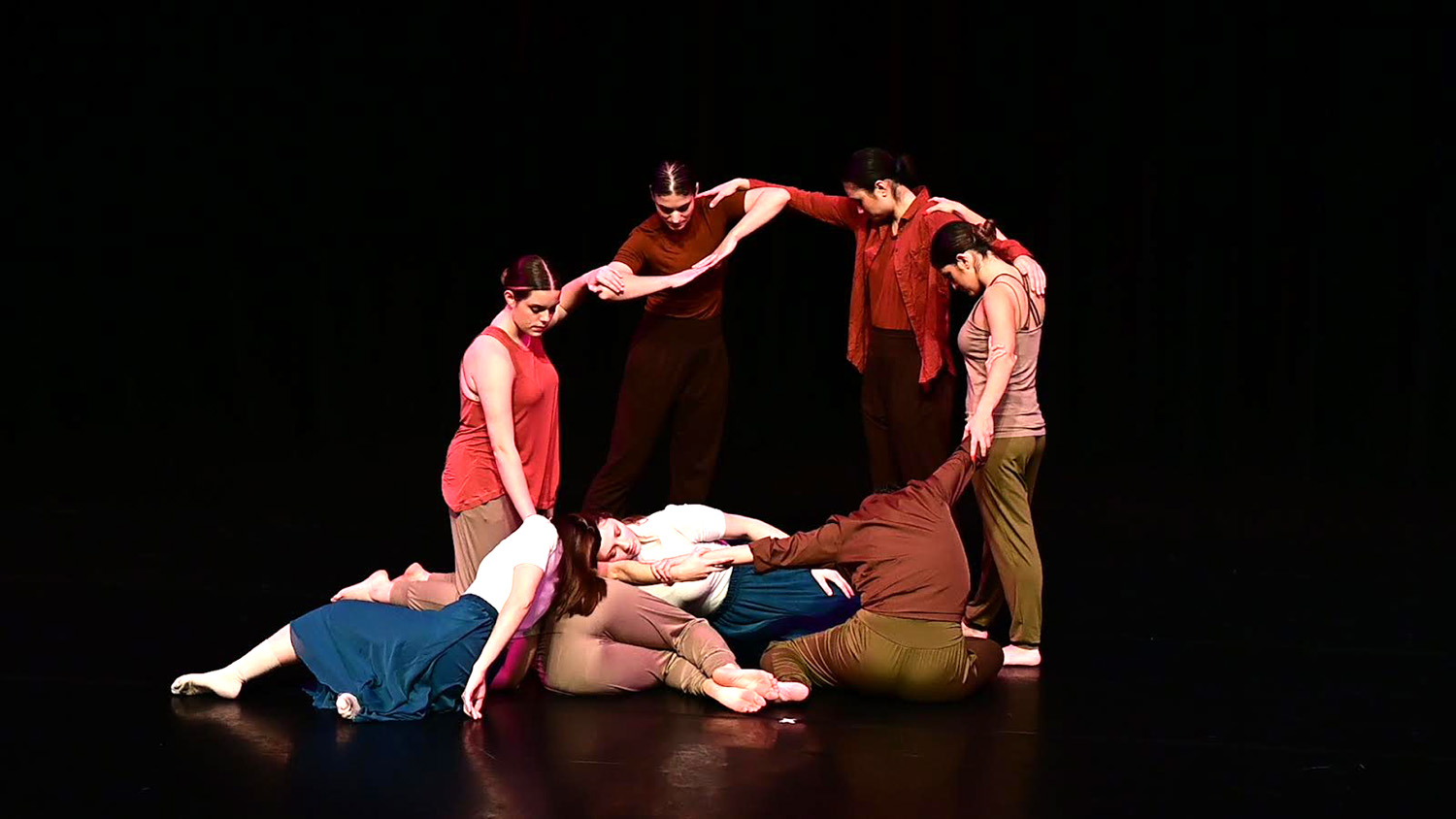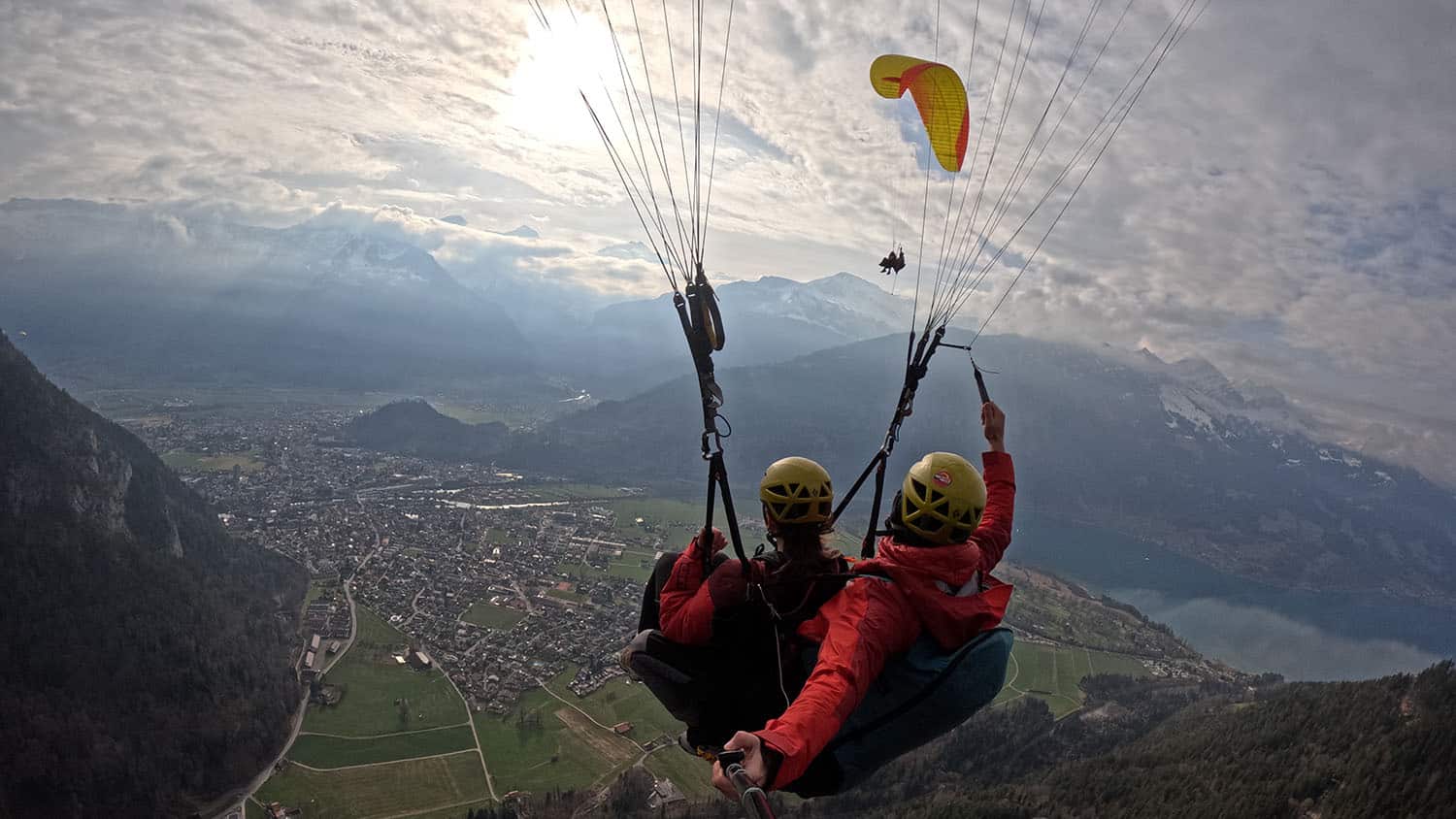An On-Course Education
Ask golfers about NC State’s new Lonnie Poole Golf Course and they’ll share these stats: It’s an 18-hole, 7,358-yard, par 71 Arnold Palmer-designed course on Centennial Campus.
But faculty and students, including those who don’t play golf, also have designs on the golf course. They’re eager for it to grow into its role as a 250-acre outdoor classroom and living laboratory.
While the men’s and women’s golf teams practice at their long-awaited home course, more than 200 undergraduates in the turfgrass program will come here for field labs and about 20 graduate students will tend research projects. Professional Golf Management majors in one of only 20 PGA-accredited programs will gain real-world experience in the $76 billion business of golf.
NC State’s Friday Institute, a Centennial Campus neighbor, plans to bring science teachers and students to the Audubon-certified golf course to learn about wildlife management and environmental issues. And parks and recreation students may coax Centennial Middle School students into taking their first golf swings here.
Green Design
NC State faculty helped golf course designers transform kudzu-covered land into a championship course that fits into the natural environment. The course’s design and management are intended to be at the forefront of the move toward sustainability, says Tom Rufty, crop science professor and co-director of the Center for Turfgrass Environmental Research and Education.
“It is designed to require lower inputs of fertilizer, pesticides and water,” Rufty says. “We’ve added over 2,500 native and adapted plants. That helps establish a more sustainable system that has lower resource use and minimizes impacts on the surrounding environment.”
The bunkers and rough look different. Instead of pristine white, smooth-sided traps found on other courses, bunkers here have natural jagged edges and sand stained by erosion – normal with the Piedmont’s clay soils.
Errant shots fall into a low-maintenance mix of fine fescue and wild grasses. When fully grown in, the rough will need minimal care while accenting the course’s beauty and challenging golfers.
“You don’t want any part of the rough,” Nick Dillman, an NC State alum working at the course, tells a golfer who’s about to play his first round.
Dillman knows. To earn his degree in the Professional Golf Management program, he had to pass a PGA playing test and complete 16-months of co-op work at golf courses.
In his new job at Lonnie Poole, his duties include working with golfers and helping NC State students plan golf sessions for middle school students from Centennial Campus. In high school, Dillman realized how much he enjoyed golf and decided to parlay it into a career.
“I play where I work,” he says.
After his shift, he’ll probably squeeze in a round.
Going for the Green
Having a golf course will help NC State attract PGM students like Dillman as well as top collegiate players, says Robb Wade, head of the NC State’s eight-year-old program, which has 90 students.
“For the last year and a half, we’ve started taking students out to show them the progress on the golf course,” Wade says. “As good as the local courses were to us, it wasn’t the same as having one right on campus.”
While a love of golf brings PGM students to NC State, Wade encourages them to learn about the array of related careers.
“I don’t see our role in PGM as helping them get better at golf but better aware of the things they need to know to succeed in the business of golf,” Wade says.
PGM majors can pursue jobs as tournament coordinators, demo reps for high-tech golf equipment like handheld GPS units or marketers of golf apparel to the growing number of women taking up the sport. At a PGA show in Orlando this March, more than half of the million feet of floor space were devoted to apparel, most of it for women, Wade says.
“People used to venture out onto the links wearing plaid shorts, striped shirts and golf shoes with a flap on top. Now you have to have the proper clothing, sunglasses, gloves, hat and belt.”
Fueled by the appeal of players like Tiger Woods, the golf industry is looking for ways to attract new players. Some courses set up areas for beginning players, show movies on the clubhouse walls during family night, host nature hikes or handing out kid-friendly plastic golf clubs and tennis balls to elementary PE teachers.
NC State intern Sarah Hunt is working with golf’s next generation. Since May, she’s put 9,000 miles on her car, traveling with the Peggy Kirk Bell Junior Golf Tour and U.S. Kids tours of the Triad and the Triangle.
“I’ve loved every second,” says Hunt, a former junior golf competitor who working with young players. “The more experience you get, the more opportunities there are to advance in your career path.”
“Sarah’s phenomenal with kids,” Wade says. “The career prospects have shifted from 15 years ago when being a golf professional at a green grass facility was the primary career.”
Hometown Welcome
In its first few weeks of operation, the course with panoramic views of the Raleigh skyline has welcomed college golfers, alumni, retirees and family groups who’ve explored the links, honed their putting on the practice green and peppered the driving range with golf balls bearing red and white stripes.
On Friday, July 31, Arnold Palmer will preside over the invitation-only ribbon cutting for his only university course and give a private golf clinic, and on Aug. 15-16, the V Foundation will hold its Golf Classic for Cancer Research at Lonnie Poole Golf Course, a fitting host site for fans and friends of Jim Valvano.
The weekend tournament, which is open to the public on Sunday, Aug. 16, features celebrity golfers like NBA star Charles Barkley, 16-year-old prodigy Dakoda Dowd, recording artist Meat Loaf and ESPN SportsCenter host Stuart Scott. Admission is $5, and the gates open at 8:30 a.m. with a 9:30 shotgun start.
- Categories:


